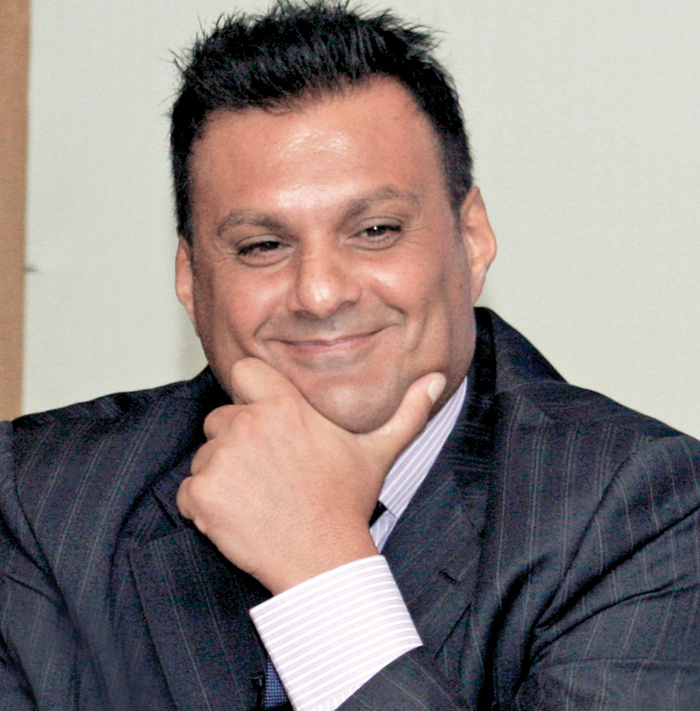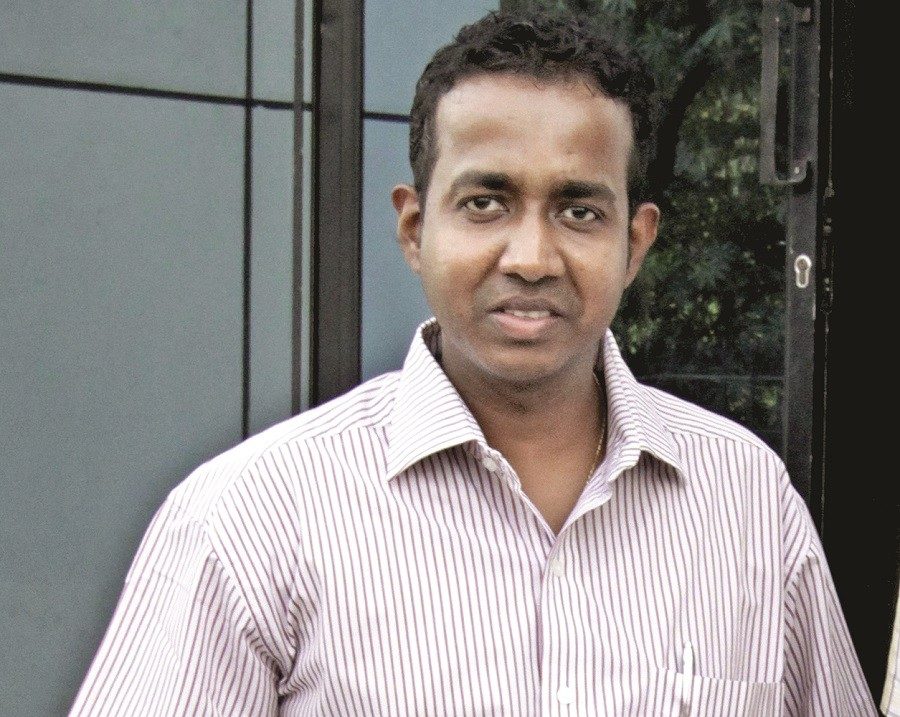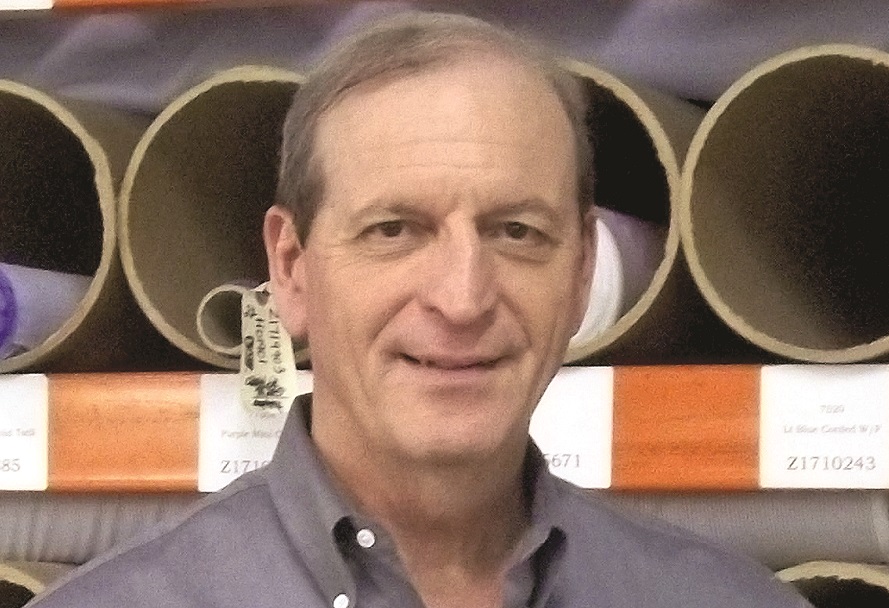
With many in the industry going for Lean implementation as a way to save on wastages and curb cost of production, the number of consultants that have mushroomed over the last two years is confusing… Most consultants working in the industry today have started using the word ‘Lean’. Everyone seems to have become a Lean consultant… Lean sigma, Lean productivity, Lean manufacturing…, but are these consultants really conforming to the concept of Lean? With the term Lean being freely used and abused, no clear-cut demarcation on who is actually a Lean consultant has emerged. Apparel Online discussed with three top consultants, who have been working extensively with the Lean concept, on making the right choice; their observations and advises are very directional while choosing a Lean consultant…
We all know of situations where consultants come into a plant, put in a few Lean tools, pat a few backs (including their own) and then leave. But is the job really done, was he the right person for the job, will the implementation give long-term results… these are some of the questions that crop up. Many consultants/client failures happen because the two parties have different expectations and have not clearly visualized the project’s successful outcome. As Hank Olszewski of The Sew Lean Company puts it, “The importance of clear expectations is in being satisfied with a consultant’s work and the consultant being satisfied with his/her own work as well.”
A professional Industrial Engineer with an MBA, Dagher has worked as a consultant in the National Productivity Improvement Programs carried out in Sri Lanka, Bangladesh and Pakistan. Specific areas of expertise include just-in-time systems, materials handling, and production and performance management programs. – Charles Dagher CEO, Dagher Consultancy
Clearly defining expectations…
Every expert agrees that there has to be a synergy between the expectation of the client and the Lean consultant. However, Hank is most vocal on the issue. He argues, “When seeking a consultant, Lean or otherwise, the first step is to look in the mirror. Stare at yourself and ask what is it that will satisfy your needs. Not the “things” to accomplish them, that’s the consultant’s job, but the “results”. Remember, satisfaction is simply reality meeting expectations. Visualize the successful end-results (these are your expectations) and how satisfied you will feel when they are met. Then write it all down. Do not skip any part of this first step even if you can’t stand to look at yourself. If that’s the case, shut your eyes when standing in front of the mirror. This first step might be the most difficult part of the whole process.”
He further suggested that only when the expectations are crystal clear and written, then the process of selecting an appropriate candidate should begin. “Don’t rush into this. Treat it much like you would if you were hiring someone to fill a position in your company. Share a copy of your written expectations with them and decide which one is the best that fits the job,” he advices. Aligning goals is critical. “Corporates can work on long-term plans in driving Lean across, but owner-driven companies look at improvement within 24 hours; everything is short-term which is opposed to Lean where the mind is set for long-term, and this is where the benefits can be collected after 1 to 2 years of intensive Lean efforts,” reminds Charles Dagher, CEO, Dagher Consultancy.
Formal education or shop floor experience…

To derive the best results, while some experts feel that a formal education in Lean is significant, they all unanimously agree that experience and body of past achievements is more important, as the industry is a very ‘hands-on industry’. “There are no certifications for Lean expertise and every consultant develops his/her own tools to suit the industry needs,” says Dagher.
However, Chandrajith Wickramasinghe (also popularly addressed as CJ), CEO, Corrigo Consultancy clarifies that there are a couple of universities and institutes that offer certificates/belts like Green, Black, etc. in Lean, which gives credibility to the consultants.“I have a Master Black Belt and Executive certification from INSEAD Business School France, but for a consultant what really matters is how the consultant gained his knowledge about Lean and where has he applied those,” he says. Adds Hank, “Formal schooling, degrees, and certificates are not the only means to gaining intelligence. Look more for how they make sense of things and how they figure out what needs to be done.”
With more than 15 years of experience in the industry, and over a decade of experience in MAS Holding, Sri Lanka, CJ has attended INSEAD Business School, France and IIM, Bangalore. He holds expertise in areas of green factory setup, human resource management, business process re-engineering and material handling systems. – Chandrajith Wickramasinghe (CJ) CEO, Corrigo Consultancy
Another major debate is whether the consultant for Lean solutions should have experience of the specific industry to be successful. Hank feels that being an outsider may in fact be an advantage. “Judge their expertise by investigating their experience with Lean overall and in your industry specifically. However, don’t discount someone solely on the fact that they are not experienced in your industry,” he advises. Though CJ acknowledges that when it comes to Lean consultants, it does not matter whether they have the same industry experience because it is a set of tools, principles and concepts to teach and drive/direct on implementation of the same. However, he adds, “It will be an added advantage if the consultant has the same industry experience as he can better share or understand the situation to trouble shoot.”
Dagher argues that though any consultant with just-in-time expertise might be able to assist in improving the industry with some limitations, as the improvement is mostly related to the connection of processes to shorten lead time and eliminate any replication in procedures, the question here is that apparel sector differs from other manufacturing sectors such as automobile, pharmaceutical, electronics, etc. where their processes are driven by automation as opposed to apparel sector which is still driven by manpower who perform their job through established work methods that yield to revenue. “Having said this, the apparel sector might not benefit to the fullest by engaging a Lean expert from any other sector compared to a Lean expert from apparel sector,” reasons Dagher.
Indeed the apparel industry is driven by systems and work methods for better labour utilization since labour is the main driver of revenue, generated from their productivity, which is the result of a good process (flow) and efficient work methods (cycle time). “In the improvement process (pertaining to lots of wasteful motions due to lack of standardization), most Lean experts from other sector won’t focus on work methods due to their lack of technical and engineering skill and knowledge. Lean at Toyota was built by the engineering team not by managers,” avers Dagher.
History of implementations…
Having determined that the consultant has the right attitude to handle the challenges of the industry, it is important to look at how they handled their past projects which most resembled the specific needs of the factory. “Be sure to ask for not-so-successful results as well as triumphs. If they have none, ask how they would handle your needs. Keep in mind that Lean is more about being clever and imaginative than just using tools out of a box,” argues Hank.

CJ emphasizes that the consultant should have in-depth experience in industry with handling minimum 10-15 successful implementations as a consultant. “Work experience, prior to becoming a consultant as Sensei or senior managerial position holder, responsible for implementing Lean concepts in a reputed organization, which had successfully transformed to Lean enterprise, is also important,” avers CJ.
Blending with the team
Perhaps one of the biggest factors which many companies tend to overlook when selecting a consultant is the harmony in the thought process which basically means how seamlessly the consultant can blend in with your corporate culture. “Make sure the candidate is aware of your corporate culture and determine if his/her personality fits in. Be sure to let him/her know how his/her work must be aligned with achieving your company’s mission and goals. Also determine, how many of your workers and the other staff will interact with him/her and decide if the candidate’s personality enhances or upsets your team working together,” says Hank.
With more than 20 years of experience, Hank understands the intricacies of progressive bundle and Lean manufacturing systems, and has actually grown from a line supervisor to a Lean expert. He specializes in 5S, kanban, plant engineering, single-piece flow and operator training projects. – Hank Olszewski, The Sew Lean Company
Dagher is very critical of the consultants currently working in the industry. “Most of the consultants in India and Bangladesh who have heard about Lean in the past few years and claim themselves as experts, are limited only to physical change as they are copying concepts from one factory to another but Lean is beyond that, it is about creating a continuous improvement culture not a physical change,” concludes Dagher.
Who’s the best – Independent or Consultant Group
Hank believes that independents work better. “When a Lean consultant has a tricky problem to solve, the cavalry doesn’t need to be called in. Lean is about creativity and common sense. He/she just gets more imaginative. Problems need more creative solutions, not more consultants,” he argues. While, Dagher agrees with him that a consultant is a facilitator with a goal of aligning everyone within the factory to drive improvements, he points out that sometimes a consultancy firm can have an edge. “One consultant is enough, but some consultancy firms share roles as well, by having more than one consultant since apparel is built on management, finance, systems and methods. This might require several consultants’ expertise and probably one consultant won’t have the skill required to cover all areas,” he reasons.
With the successful implementation of Lean which is dependent on two pillars – respect and teamwork – CJ is honest when he says, “Independent consultant with complete knowledge or team of consultants with shared knowledge, both would work out to be the same. But what really makes the difference is that the client should have a team dedicated for Lean implementation to get best out of a consultant.”






